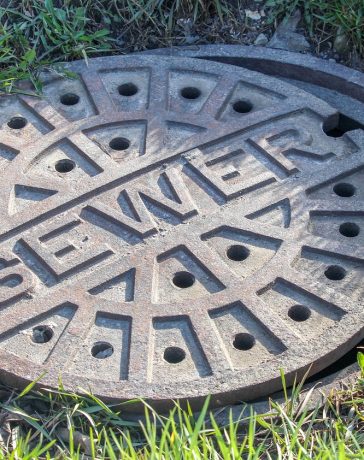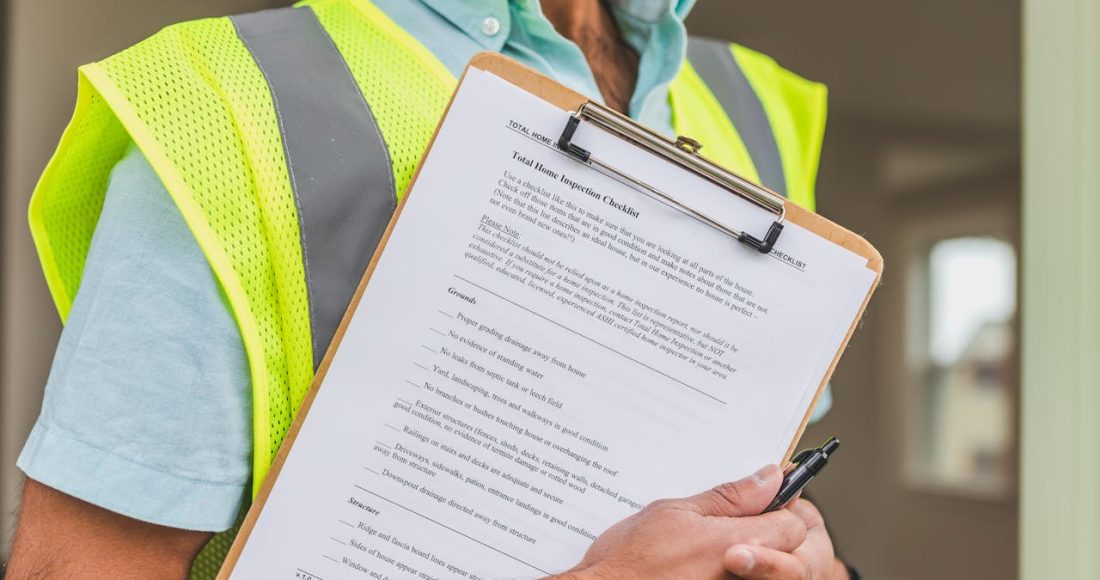Key Takeaways
- Inspector certification programs ensure that professionals meet standards for conducting thorough and accurate inspections.
- Certification programs cover various industries, including construction, fire safety, and health inspections.
- Certified inspectors provide a higher level of credibility and trust within their industry.
- Certification enhances career opportunities and professional development.
Introduction
In today’s world, the role of inspectors is more critical than ever. Whether in construction, fire safety, or health, inspectors ensure that standards are met and compliance is maintained. One significant way to achieve proficiency and credibility in this profession is through an inspector certification program. But what exactly is an inspector certification program, and why do you need it? This article aims to shed light on the importance and benefits of such programs, enhancing both professional capabilities and community safety.
What is an Inspector Certification Program?
An inspector certification program is a structured educational and training regimen designed to equip aspiring and current inspectors with the necessary knowledge, skills, and competencies. These programs often cover a broad spectrum of industries, including, but not limited to, construction, environmental health, and fire safety. For instance, an inspector certification program Texas focuses on preparing inspectors in the state to meet specific fire safety regulations and standards.
These programs typically include classroom instruction, hands-on training, and examinations to evaluate the candidate’s understanding and competency. Once completed, individuals are awarded a certification that matches their qualifications and expertise.

Why Do You Need an Inspector Certification?
Certification programs are not just about acquiring a piece of paper; they fundamentally enhance your ability to perform your job efficiently and accurately. Here are some compelling reasons why you should consider getting certified:
Enhanced Credibility
Certification sets you apart as a qualified professional in your field. It demonstrates that you have met the required standards and can perform inspections competently. This credibility can be crucial, especially in industries where safety and compliance are paramount.
Better Career Opportunities
Employers often prefer certified inspectors, leading to better job opportunities and career advancement. In some cases, holding a certification might even be a mandatory requirement for certain positions. The certification serves as a validation of your skills, making you more attractive to potential employers.
Standardized Knowledge and Skills
Inspector certification programs ensure that all candidates receive standardized training, which helps maintain a consistent level of expertise across the profession. This standardization ensures that certified inspectors can handle various scenarios and adhere to industry best practices.
Increased Professional Development
Obtaining a certification is often just the beginning of ongoing professional development. Many certification programs require holders to pursue continuous education to maintain their status. This requirement keeps inspectors updated on the latest industry trends, regulations, and technologies, fostering a culture of lifelong learning.
Types of Inspector Certification Programs
Various types of inspector certification programs cater to different industries and specializations. Here are a few common types:
Construction Inspectors
These inspectors ensure that building projects comply with local building codes and regulations. Their certification programs cover structural engineering, materials science, and local building laws.
Fire Safety Inspectors
Fire safety inspectors focus on ensuring buildings meet fire safety standards. Their training covers fire prevention techniques, fire suppression systems, and emergency evacuation procedures.
Environmental Health Inspectors
These professionals ensure that environmental health standards are met, particularly in establishments like restaurants, factories, and waste disposal sites. Their certification usually involves training in public health standards, hazardous materials management, and environmental legislation.

How to Choose the Right Certification Program
Selecting the right certification program can significantly impact your career. Here are some factors to consider:
Accreditation
Make sure a reputable organization accredits the program. Accreditation guarantees that a program adheres to particular academic requirements.
Relevance
Select a program that aligns with your desired industry and career path. Specialized programs offer training tailored to particular fields, making you more effective in your role.
Cost and Duration
Certification programs vary in cost and length. When making a decision, consider your budget and time availability. Some programs offer financial aid or flexible scheduling options.
Reviews and Reputation
Research the program’s reputation and read reviews from past participants. A program with positive feedback is more likely to provide a valuable learning experience.
Conclusion
Inspector certification programs are crucial in ensuring that professionals are well-equipped to perform their duties accurately and honestly. The benefits of obtaining a certification are manifold, from enhancing your credibility to providing better career opportunities. By choosing the right program, you elevate your professional standing and contribute to the greater good by upholding safety and compliance within your community. Investing in an inspector certification program is a step towards a more competent, reliable, and respected career.



































